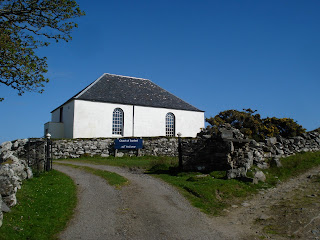Perhaps. But
surely the deceased would have preferred a visit from us before they died? Or
maybe not?
Is there a
health and safety issue?
Without a doubt.
Bodies decay, and must be safely disposed of.
Why go to
funerals?
To make sure that
the person has actually died? If we didn’t go to funerals, could there be some
lurking doubt that one’s partner / spouse / child / friend / relative /
neighbour / co-worker had not died, and instead, had gone, without leaving an
address, to Rome, or some other paradise with no wi-fi?
Is it to give
thanks for a beautiful life?
Yes, partly. But
how to behave when the officiant stumbles through a potted version of a life
that doesn’t chime with what you remember? Keep silent? Maybe. I want to get up
and say: “You haven’t mentioned…”, or, “Really?”, and even, “You can’t have
known them very well, because if you had…”.
Are funerals
cathartic?
It depends.
Sharing memories about the person who has died can help to mitigate the pain.
Connecting with people they knew, and loved, can be life-affirming. There is
some truth, I think, in what a friend said to me, when I told her I was not
looking forward to a particular funeral: “Don’t worry. You always meet someone
nice and unexpected, at a funeral”. And, in fact, at the last funeral I
attended, I did meet two unexpectedly nice families.
Why do older
people go to funerals?
Why do we expect
very elderly, bereaved people to walk, sit, and stand, when plainly, they need
help? Why ask the physically frail to stand for the committal? Have we no
compassion?
Why do younger
people go to funerals?
Is it all “Carpe
Diem”? Must we be confronted with the physical and mental frailty of loved
ones, who once looked after us? Are funerals an automated reminder in the
biggest cloud of all, that it will be our turn one day?

No comments:
Post a Comment